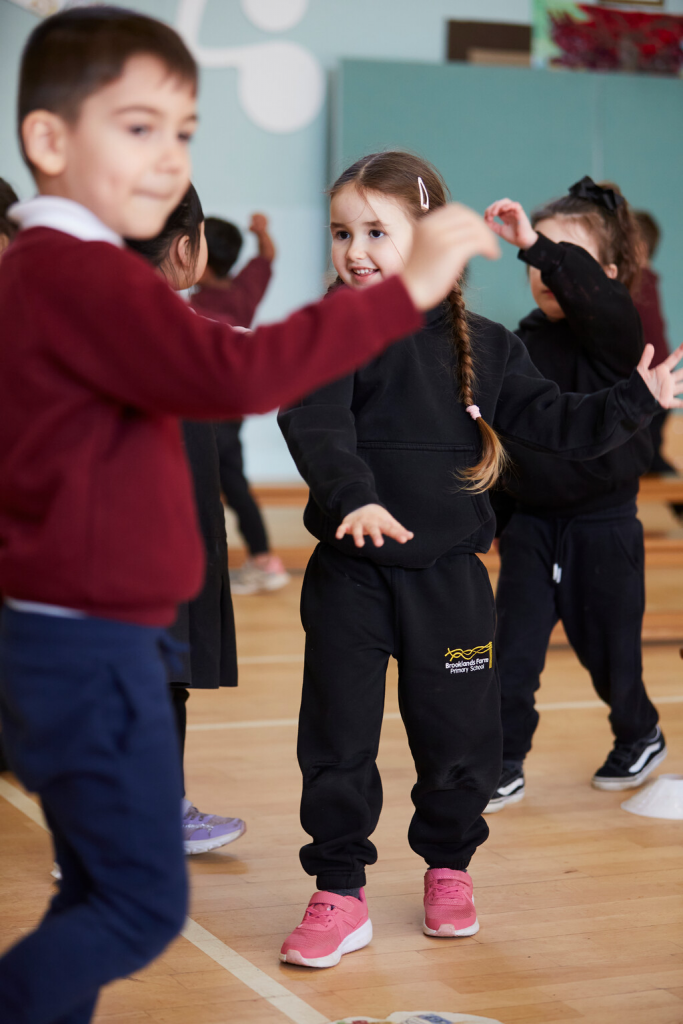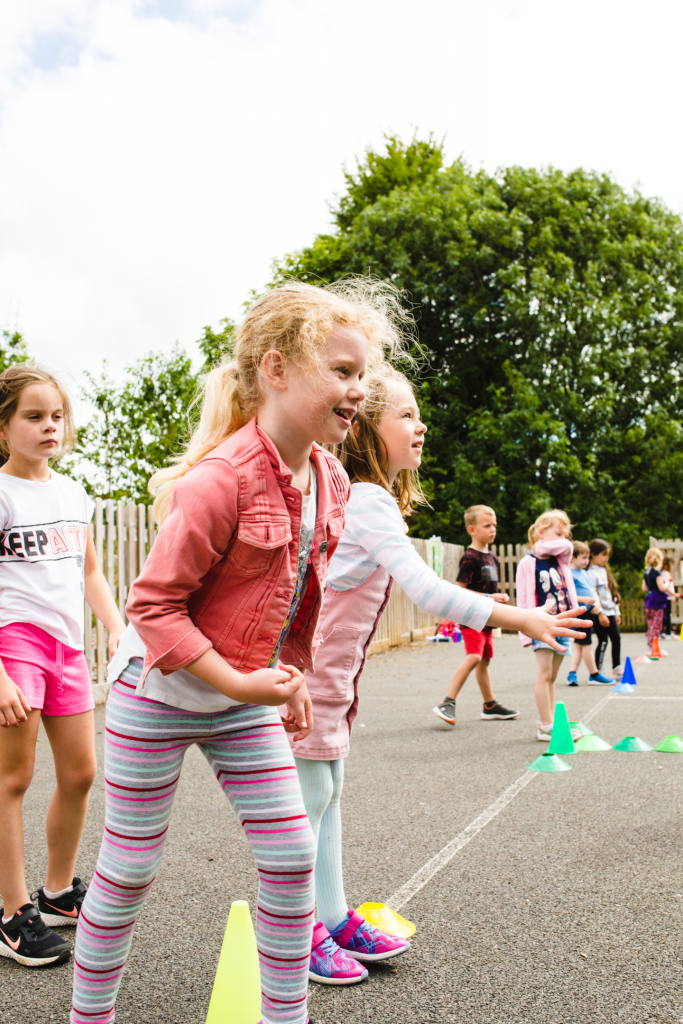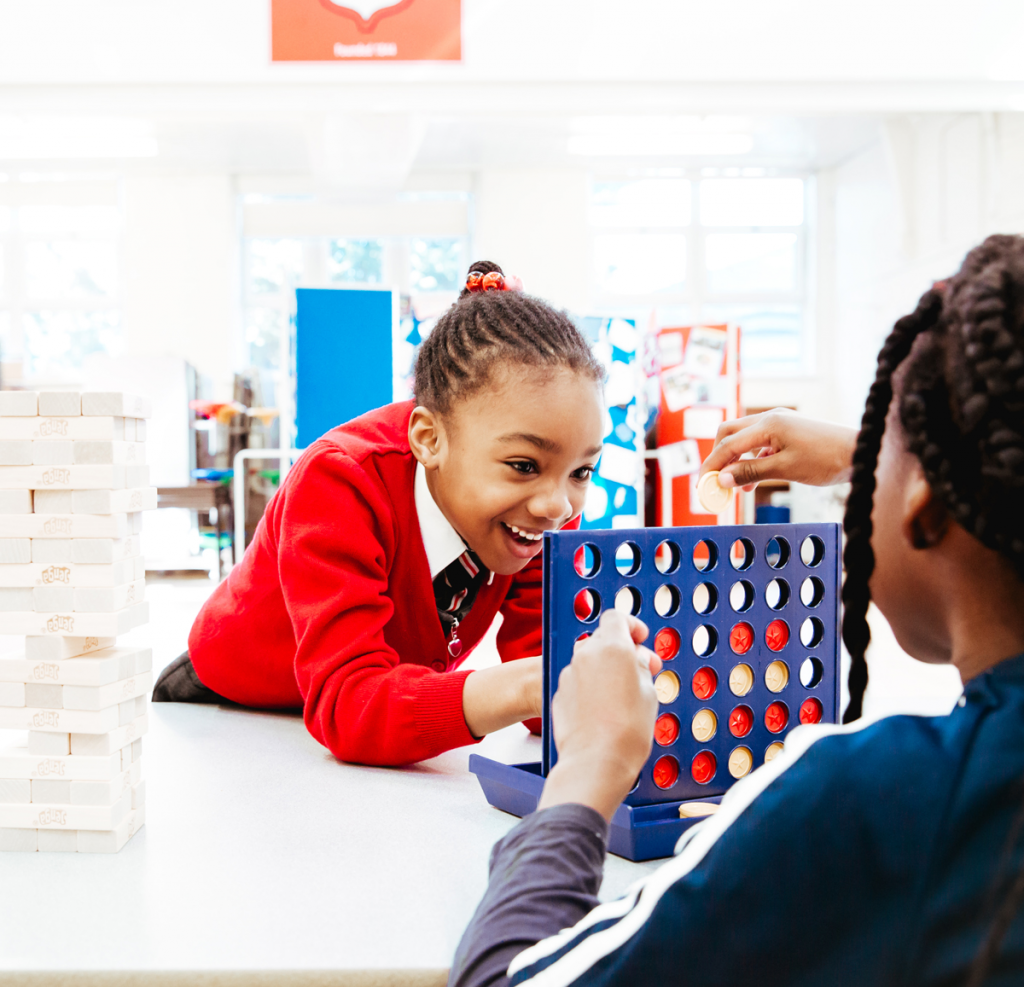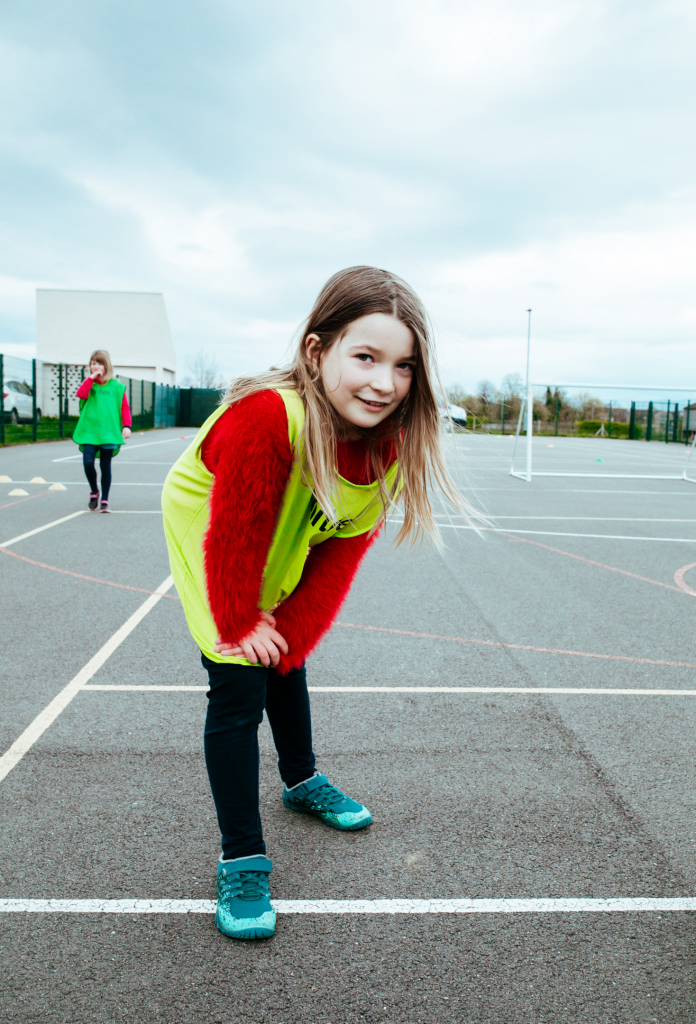The Top 5 Benefits of Sport in Primary Schools
We all know how important physical education is to help keep kids healthy, and also how tough it can be to find the time in the school curriculum to support extra school sports activities.
Fewer than 1 in 5 young people are getting the recommended amount of physical activity, which should be 60 minutes of exercise a day, according to government guidelines.
As modern day technologies make families and communities more sedentary and disconnected than ever, there’s a growing responsibility on teachers and parents to build healthier generations and engage children in physical activities that not only benefit their bodies, but their minds and relationships, too.
Incorporating a range of sports activities into your school can help bolster children’s wellbeing and increase your performance across the curriculum. That’s why we’re here to help. We’ve been delivering after-school activities, curricular support and holiday camps across UK schools since 1999.

By delivering a varied, fun and high-quality sports provision to schools, we hope to achieve a change in attitudes to the importance of sports and physical activities, both within school settings and at home.
In this article we look at why sport and physical activity in primary schools is so important, how it helps to enhance child behaviour and achievement, its health benefits and the overall positive impact of physical education on supporting students, families and teachers.
1. Get better academic results
It’s a widely acknowledged fact that regular physical activity promotes academic achievement. There is increasing evidence in research that there’s an intrinsic link between participating in active sports and better mental energy and focus.
Pupils who are regularly active find it easier to engage with interest in traditional ways of learning because they’ve been encouraged to problem solve in multi-dimensional ways. Children need to enjoy movement in order to feel more alert, engaged and keen to learn.
The simple act of movement can significantly increase brain function. It helps balance the response to stress, expels anxiety and builds confidence, which can then be utilised across core subjects. Exercise increases memory efficiency, protecting against cognitive dysfunction in later life.
Read more about how physical activity in primary schools supports academic performance.

2. Enrich and engage children in new experiences
Children love to be involved in new exciting activities, especially if they involve games, play and a good dose of fun. At Premier Education, we can provide tailored enrichment sessions that are focused on the areas you’d like to enhance or excel. Our specialist enrichment days are supported by a range of National Governing Bodies such as the LTA and British Gymnastics and will not only impress Ofsted, but provide fantastic new experiences and sports activities that some kids will not have taken part in before.
We can also offer a huge range of extracurricular sports activities. From tennis to dance, and fencing to archery, there’s something for everyone and every school. Through after school clubs and enrichment days with qualified and professional coaches, children and staff can immerse themselves in discovering and learning something new. Boost confidence, enhance physical literacy and develop new and exciting interests in your pupils, with specialist support.

3. Promote teamwork and collaboration
Working as a team teaches the importance of negotiating, fairness and of understanding rules within a group dynamic. Additionally, team sports provide an opportunity to demonstrate maturity, kindness and generosity towards their fellow peers, and to explore and understand their capabilities as a team.
Regular sports activities in schools create collaborative engagement and can nurture relationships outside the classroom dynamics. Working together towards a common goal fosters a sense of group responsibility and encourages the development of collective aims and goals.
Conversely, taking part in sports activities can encourage leadership in individuals, promoting talent and building singular as well as collective confidence. In terms of personal development, sport can build skills in communication, discipline and integrity.

4. Connect a healthy body with a healthy mind
We believe that no one should be cut off from having an active life, whatever their circumstances. For many, the act of joining a group sport or activity can make a huge difference to their daily and long term aspirations, mental balance and social skills. Our overall physical and mental wellbeing are intertwined, and for many able bodied people, the simple act of moving can increase one’s mood tenfold.
There’s a wealth of evidence linking a lack of exercise in childhood to poor physical and mental health later in life. Diabetes, heart disease, cancer and depression are just some of the major illnesses linked to an inactive life.
Mood disorders, anxiety and stress can all be managed better with regular exercise. For some, taking part in school sports activities with school friends is the highlight of their day and for many might be the only activity they get outside of home life. For a closer look at why PE is important, check out our blog.

5. Building resilience and organisational skills
Children who take part in sports activities will naturally build the confidence to make mistakes, to keep trying and to work as a team. This builds resilience and a good-humoured attitude, which not only strengthens individual character but relationships, too. Team sport activities lend themselves to encouraging initiative, tasking members with positions of responsibility, or forming a system together.
Whether a team loses or wins a game, children who learn to manage themselves and respect others while having to think fast are naturally going to be more resilient. Learning the nuances of social interactions while cooperatively playing a game might also equip a person to manage a difficulty at work in later life, whether that’s managing a team, or displaying diplomacy in the boardroom.

Sports in schools FAQs
What is the most common school sport?
Football is the most popular sport in UK schools, followed by netball, athletics, rugby and cricket. Swimming, multi-skills and cycling are also popular in primary schools.
What sports are taught in PE?
The main sports taught in PE are athletics, dance, gymnastics, games, outdoor adventures and swimming. The broad range of activities is thought to provide a balance of skills development.
After some inspiring PE lesson plans? We’ve got you covered.
Is sport compulsory in schools?
Physical Education is compulsory in schools from 4–16, for all children across the key stages. Including sports in the national curriculum increases health, builds character and fights stress.

How can schools fund sport at school?
Sport Premium funding is provided to primary schools to enhance their sport provision. It can’t be used to deliver standard physical education, but should be used to bring a wider range of sport and physical activity experiences to pupils.
Premier Education brings school sport to life
PESSPA at school needn’t be the weakest lessons of the week! By engaging the specialist services of Premier Education, you can bring excellence to not only your PE lessons, but after-school clubs and holiday camps too. Get in touch to see how we can enhance your sport programme today.

